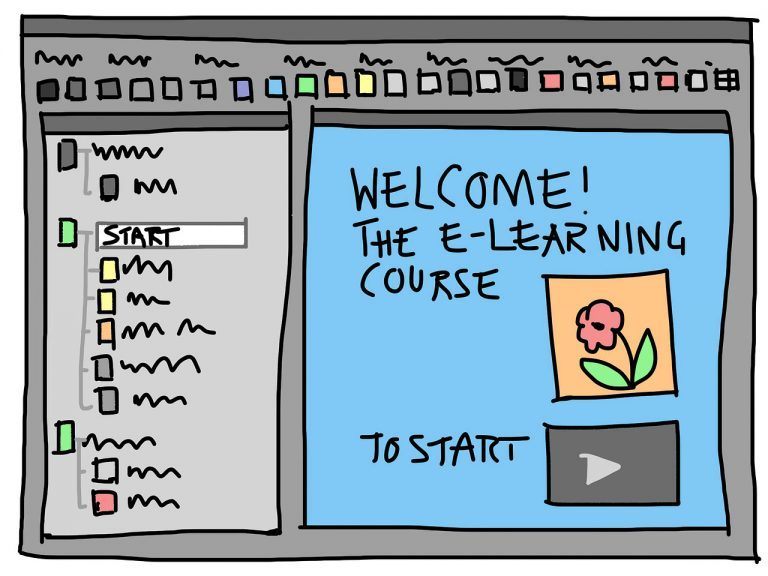Search for...
#Online Training Bookmarks
Published Bookmarks
 Learning Management Systems: Do You Really Need One?
Learning Management Systems: Do You Really Need One?
Learning Management Systems (LMSs); What are they and do you really need one for your online courses, training, or online learning?
 5 Steps To Analyze If Online Training Can Improve Employee Performance
5 Steps To Analyze If Online Training Can Improve Employee Performance
Want to know if online training can improve employee performance? Here are 5 steps to analyze if online training can improve employee performance.
 Online Training Basics: 5 Frequently Asked Questions Answered
Online Training Basics: 5 Frequently Asked Questions Answered
Are you curious to learn about online training? Find answers to a few frequently asked questions on online training in this article.
 Online Training Solutions To Dismantle L&D Challenges
Online Training Solutions To Dismantle L&D Challenges
In this article, look at the 3 biggest challenges L&D departments are likely to face and how each of them can be tackled with online training solutions.
 Online Training ROI For The Steady Funding Of L&D Programs
Online Training ROI For The Steady Funding Of L&D Programs
The budget for online training is usually stringent. Read how calculating the ROI can dispel the apprehensions of the top management.
 Why eLearning: A COVID-19 Case Study
Why eLearning: A COVID-19 Case Study
As COVID-19 or coronavirus wrecks havoc, here's a study on training during these times of need and why eLearning is always a better alternative.
 Rapid eLearning For Scalable Training Solutions: An Inside Story
Rapid eLearning For Scalable Training Solutions: An Inside Story
Rapid eLearning can be used to design scalable training solutions! Here’s a case study on rapid eLearning presented in a storytelling format.
 eLearning In The Learning Cycle: A How-To Guide
eLearning In The Learning Cycle: A How-To Guide
Do you use the learning cycle to ensure effective training? Do you know eLearning can be used in all stages? Learn how you can leverage eLearning.
 5 Ways To Use Social Media In Online Training [Infographic]
5 Ways To Use Social Media In Online Training [Infographic]
Social media in online training can be used to maximize results from training. Here are 5 ways to use social media in online training.
 Tips To Choose The Ideal eLearning Content Provider For Online Training Program
Tips To Choose The Ideal eLearning Content Provider For Online Training Program
Wondering how to choose the ideal eLearning content provider for your corporate eLearning program? Check 8 tips to find the ideal eLearning content provider.
Submit Bookmark




